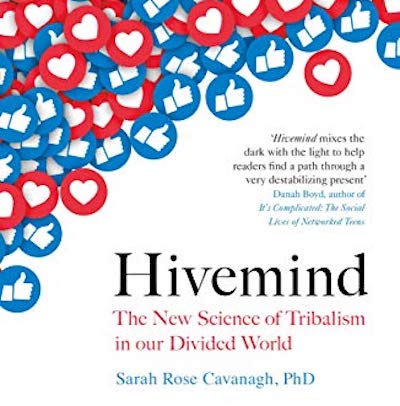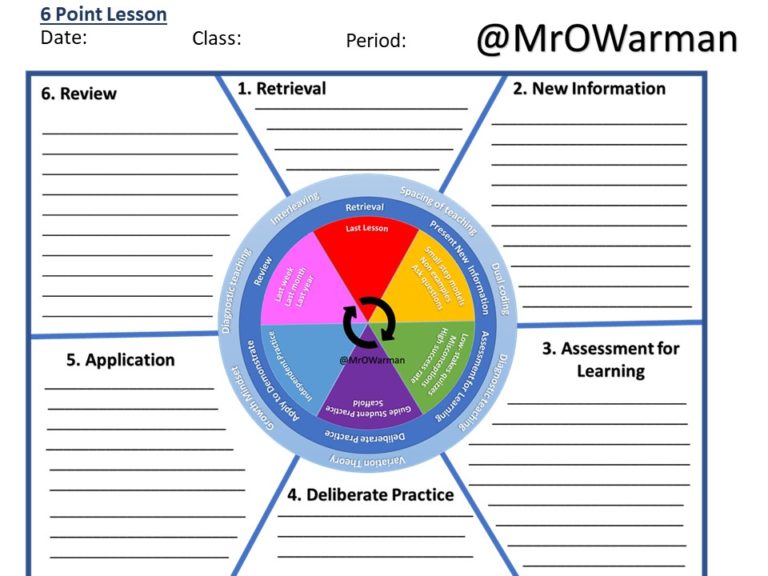Tags
ADHD adolescence attention autism book review boundary conditions classroom advice conference speakers constructivism/direct instruction creativity desirable difficulty development dual coding elementary school embodied cognition emotion evolution exercise experts and novices gender high school homework intelligence long-term memory math methodology middle school mind-wandering mindfulness Mindset motivation neuromyths neuroscience online learning parents psychology reading retrieval practice self-control skepticism sleep STEM stress technology working memoryRecent Comments
- How to Present at a Conference... |Education & Teacher Conferences on Enjoyment or Skill? The Case of Reading
- How to Present at a Conference... |Education & Teacher Conferences on Do *Goals* Motivate Students? How about *Feedback*?
- Roberta on Seriously: What Motivates Teachers to Be Funny?
- Revisiting the "Handwriting vs. Laptops" Debate: More Moving Goalposts |Education & Teacher Conferences on Handwritten Notes or Laptop Notes: A Skeptic Converted?
- The Power Of A Growth Mindset: How Students Can Overcome Challenges - Sunshine Blessings on The Rise and Fall and Rise of Growth Mindset
ABOUT THE BLOG

How Psychologists and Teachers Can Talk about Research Most Wisely
Dr. Neil Lewis thinks a lot about science communication: in fact, his appointment at Cornell is…

Hivemind: The New Science of Tribalism in Our Divided World...
How do we balance our social, collectivist nature with our individualistic drives? How do technologies,…

“Before You Change Your Teaching, Change Your Thinking”
When I attended my first Learning and the Brain conference, more than a decade ago,…

“Successive Relearning”: 1 + 1 = +10%
We know that “retrieval practice” helps students learn. We know that “spacing” does too. What happens when we combine those techniques? Continue reading

The Benefits of “Testing” Depend on the DEFINITION of “Testing.”...
Should we test our students or not? Researchers can answer that question only by defining “test” very precisely. Happily, we’ve got research on one kind of PRE-test that just might help students learn and understand. Continue reading

Can We Improve Our Students’ Executive Function? Will That Help...
New research suggests that the right kind of Executive Function training just might help struggling readers. Continue reading
